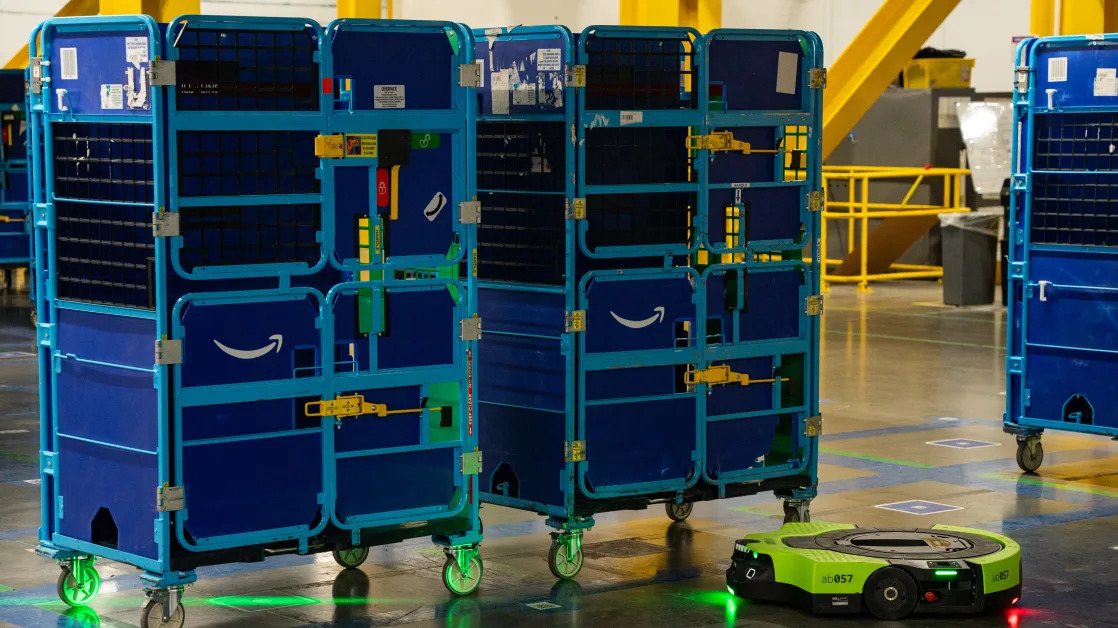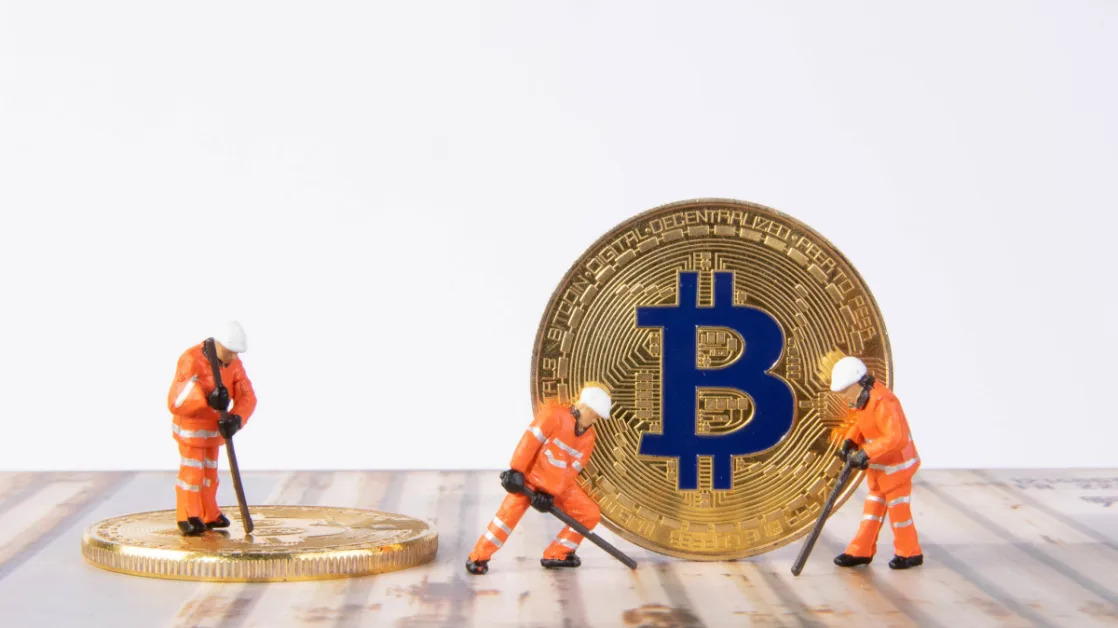
Intel (NASDAQ: INTC) stock suffered another day of sell-offs Thursday. The chip company's share price ended the daily session down 6.1%, according to data from S&P Global Market Intelligence .
Intel lost ground again as investors weighed the possibility that the company will not proceed with the construction of two semiconductor fabrication plants in Germany. Nothing has been officially announced that would suggest that the construction plans have been abandoned, but investors have been left in the dark about the project.
The two fabs were expected to be operational in 2027 and cost roughly $33 billion to build -- with a third of the cost being covered by the European Union. And while Intel hasn't provided much insight into the future of the fabs, Taiwan Semiconductor Manufacturing announced earlier this week that it had started construction on a new $11 billion fab in Germany -- with the E.U. covering half the cost.
Following today's pullback, Intel stock is once again trading just slightly above its 10-year low. Is the beaten-down company an underappreciated artificial intelligence ( AI ) play, or an aging behemoth that will fail to deliver wins for investors?
Betting on Intel's AI future means embracing uncertainty
Improving Intel's manufacturing capabilities has become a key economic and national-security interest for the U.S., the E.U., and other aligned countries. While there's a good chance that the company will receive additional government funding to build new fabs, the push to grow its contract fabrication business comes at a challenging time. Building and maintaining fabs is enormously capital intensive, and Intel is in the midst of a massive cost-cutting campaign that includes laying off 15% of its global workforce, suspending its dividend, and selling off investments.
Efforts to become a leading designer of high-performance processors for data centers aren't bearing much fruit yet either, and the recent introduction of AI PCs has actually created margins headwinds instead of being the profit booster some had expected. Artificial intelligence isn't driving profits for the PC and server businesses yet, and the fabrication unit is racking up high costs. Intel has served an onslaught of bad news for investors lately, and there's not much visibility to whether the company's turnaround strategy will be successful.
With the stock down 60% year to date and 71% from its 10-year high, the semiconductor specialist may appeal to risk-tolerant investors seeking contrarian plays with explosive upside potential. Intel still has the benefit of entrenched business relationships, and governmental support could eventually help it build a powerful contract fab business. But if you're waiting for signs that a comeback is on track and that Intel will be an AI winner, the company hasn't delivered them yet.
Before you buy stock in Intel, consider this:





